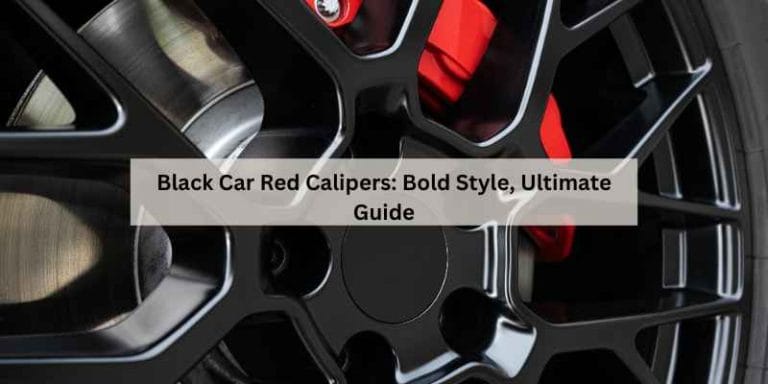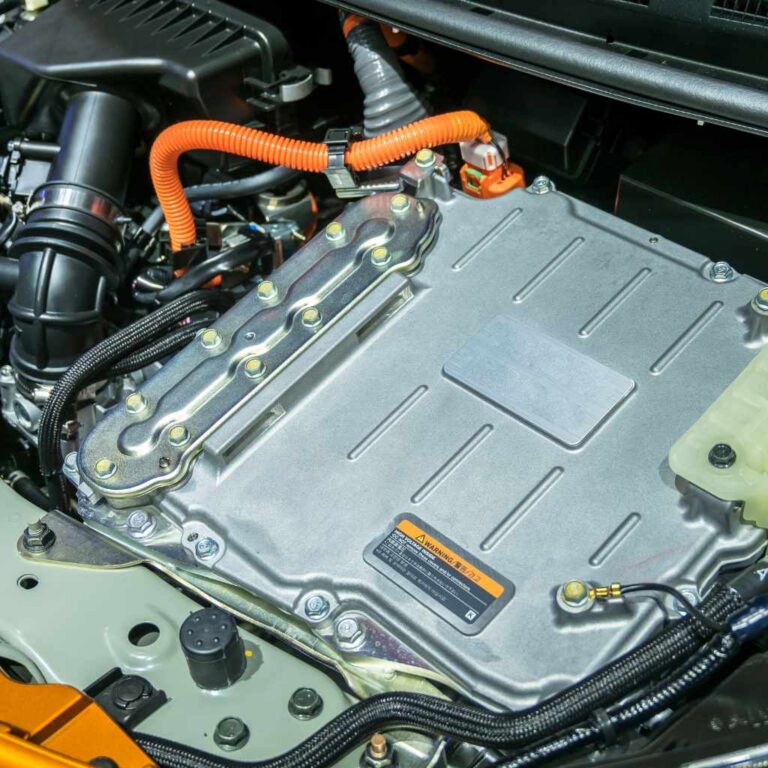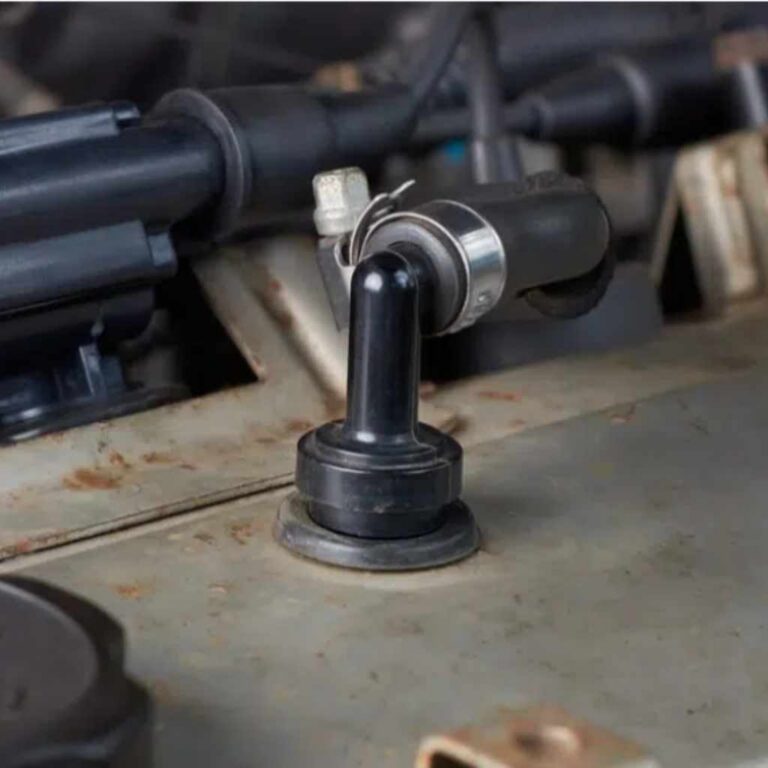How to Talk a Dealership Down on a Used Car: Insider Tips
To negotiate a dealership down on a used car, do thorough research on the vehicle’s market value. Present this information confidently to justify your offer.
Buying a used car can be both exciting and overwhelming. Many buyers feel uncertain about negotiating prices with dealerships. Understanding how to effectively negotiate can save you money and lead to a better deal. Research is your best ally; knowing the car’s value helps you feel empowered in discussions.
Prepare to ask questions and express your budget clearly. By approaching the situation with confidence and knowledge, you can create a win-win scenario. This guide will help you navigate negotiations and secure the best price for your used car.
Preparation Is Key
Researching market values helps you understand fair prices for used cars. Use online resources like Kelley Blue Book and Edmunds. Check prices for the same make and model. This knowledge gives you confidence during negotiations.
Pre-qualifying for financing is a smart move. It shows you are a serious buyer. Talk to banks or credit unions for loan options. Knowing your budget helps you avoid overspending. Presenting proof of pre-approval strengthens your position.
First Impressions Matter
First impressions are crucial when visiting a dealership. A neat appearance can help you gain respect. Dress nicely to show you are serious about the purchase. Wear clean clothes and polished shoes. This simple step can make a big difference.
Timing your visit also matters. Try to go on weekdays. Dealerships are often less busy then. You can have more time with the salesperson. This can lead to better deals. Early mornings or late afternoons work best.
Mastering The Test Drive
Before buying, always conduct a critical inspection. Check the exterior for dents and scratches. Look for rust on the body and undercarriage. Examine the tires for wear and proper inflation. Inspect the lights to ensure they work correctly.
Inside the car, check the seats for tears or stains. Test all controls, including air conditioning and heating. Listen for any strange noises during the drive. Pay attention to how the car handles and brakes. Make sure the dashboard lights function properly.
Take note of the car’s performance during the test drive. Does it accelerate smoothly? Is the steering responsive? Ensure the vehicle shifts gears easily. A thorough evaluation helps you make a smart purchase.
The Art Of Negotiation
Start your negotiation with a strong opening offer. This sets the tone for the deal. Make your offer lower than the asking price. This gives you room to negotiate.
Be prepared to explain your offer. Use market research to support your price. Mention similar cars and their prices.
When the dealer counters, stay calm. Offer a reasonable counteroffer. This shows you are willing to negotiate. Keep your counteroffer close to your original price.
Use silence to your advantage. Sometimes, saying nothing can pressure the dealer to lower the price.
Remember, patience is key. Don’t rush the process. A good deal takes time and skill.
Understanding Dealer Motivations
Understanding dealer motivations can help you negotiate better. Sales targets are a key factor. Dealers often have monthly goals. They may offer discounts to meet these targets.
Inventory turnover also affects pricing. Dealers want to sell cars quickly. Slow-selling cars might be priced lower. Knowing this can give you an advantage.
| Factor | Impact on Negotiation |
|---|---|
| Sales Targets | Discounts to meet goals |
| Inventory Turnover | Lower prices for slow sellers |
Leveraging Vehicle History
Understanding a vehicle’s history is crucial. Reports provide important details about past accidents and repairs. Interpreting these reports can help you find hidden problems.
Look for red flags like multiple owners or major repairs. A clean report is a good sign, but not everything may be disclosed.
Pointing out concerns during negotiations can lower the price. Mention any issues found in the report. Show the dealer that you are informed.
Use this knowledge to your advantage. A strong understanding of the vehicle’s history can lead to a better deal.
Trade-in Tactics
To maximize trade-in value, research your car’s worth online. Websites like Kelley Blue Book can help you find a good price. Keep your car clean and fix small issues. A well-maintained car looks more appealing to dealers.
Consider getting multiple trade-in quotes. Visit different dealerships to compare offers. This can give you leverage in negotiations. Make sure to highlight any special features or upgrades your car has.
Separating transactions can be a smart move. Negotiate the car price and trade-in value separately. This prevents dealers from mixing the two. Always focus on getting the best deal for each part.
Sealing The Deal
After negotiating, it’s time to finalize the terms. Make sure you understand the price and financing options. Review the warranty details and any extra fees.
Be clear about your budget and what you can afford. Always ask for a breakdown of the costs. This helps avoid any surprises later.
Close the deal with confidence. Trust your research and stay firm. A good deal is possible if you remain assertive.
Post-purchase Considerations
Understanding the warranty and return policies is essential after purchasing a used car. Check if the dealership offers a limited warranty. This can cover major repairs for a specific time or mileage. Read the fine print carefully to know what is included.
Some dealerships may allow a return period. This period lets you return the car if it does not meet your expectations. Knowing these details can help you feel secure in your purchase.
Future maintenance is also important. Regular servicing keeps your car in good shape. Always follow the manufacturer’s guidelines for maintenance. This can prevent bigger issues later and save money.
Keep a record of all services and repairs. This documentation can help if you decide to sell the car later. It may also be useful for warranty claims.
Frequently Asked Questions
How Can I Negotiate A Used Car Price?
To negotiate a used car price, research the vehicle’s market value beforehand. Use online tools like Kelley Blue Book or Edmunds for accurate pricing. Approach the dealership with a firm but polite attitude. Highlight any issues you found during inspection to justify a lower offer.
What Documents Should I Bring For Negotiation?
Bring essential documents like your driver’s license, proof of insurance, and financing options. Having a pre-approved loan can strengthen your negotiating position. Additionally, include research on the car’s value and any inspection reports. This information helps in making informed and credible offers.
Is It Better To Negotiate In Person Or Online?
Negotiating in person often allows for better communication and rapport. You can read body language and respond immediately to counteroffers. However, online negotiations can provide more time to research and consider your options. Choose the method that feels most comfortable for you.
What Should I Avoid During Negotiations?
Avoid showing too much enthusiasm for the vehicle. This can weaken your bargaining power. Also, don’t disclose your maximum budget upfront. Stay focused on the car’s issues and market value instead of emotional appeals. This keeps the discussion grounded and strategic.
Conclusion
Negotiating for a used car can be challenging, but with the right approach, you can secure a better deal. Stay informed and confident during discussions. Remember, patience is key. Use these strategies to maximize your savings and drive away satisfied.
Happy car shopping! Your perfect vehicle is waiting.






